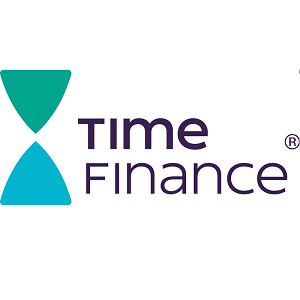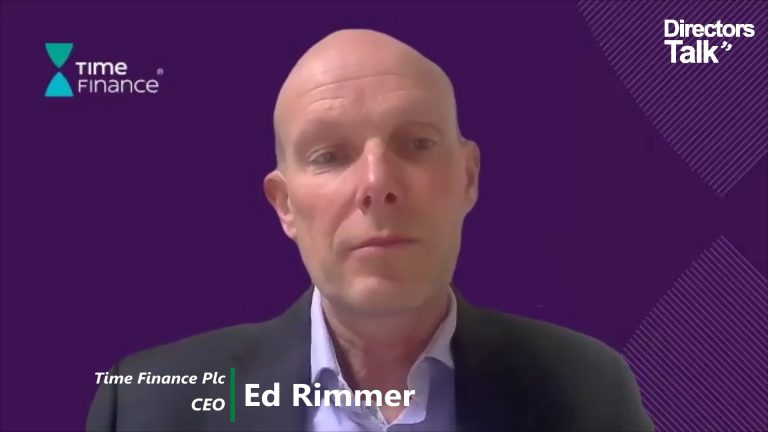When businesses weigh how best to access the tools they rely on, the decision often looks straightforward on the surface. Yet beneath the simplicity of hiring rather than buying lies a series of trade-offs that can have lasting influence on financial resilience, tax positioning and even strategic flexibility. For investors, these decisions at the operational level are not just about balance sheet presentation but about how a business manages growth, liquidity and risk over time.
The attraction of leasing rests on the ability to deploy assets immediately without committing a large sum upfront. For many management teams this can be the difference between acting quickly in a competitive market and delaying growth plans. Preserving working capital means funds remain available for staffing, expansion or marketing rather than being locked into depreciating machinery. In that sense, leasing becomes a tool for capital efficiency, ensuring a company’s resources remain liquid and adaptable.
There is also the issue of technology cycles, particularly in sectors where innovation renders equipment outdated within a few years. Leasing provides a built-in mechanism to refresh capabilities without carrying the burden of disposal or resale. For investors, this lowers the risk that a portfolio company becomes encumbered with obsolete assets that limit competitiveness. In industries like logistics, manufacturing or healthcare, the ability to upgrade seamlessly can mark the difference between leading and lagging behind.
At the same time, depreciation risk effectively shifts away from the operator and onto the provider. While accounting treatment varies, the fundamental reality is that the lessee avoids the drag of declining asset values. Tax treatment can add another layer of benefit, particularly for firms registered for VAT, where reclaim mechanisms support more efficient cost management. Some agreements even go further by bundling in maintenance and replacements, smoothing operating expenditure and reducing unexpected downtime, which can be crucial in environments where continuity is everything.
Time Finance plc (LON:TIME) is an AIM-listed business specialising in the provision or arrangement of funding solutions to UK businesses seeking to access the finance they need to realise their growth plans. Time Finance can fund businesses or arrange funding with their trusted partners through Asset Finance, Invoice Finance, Business Loans, Vehicle Finance or Asset Based Lending.







































